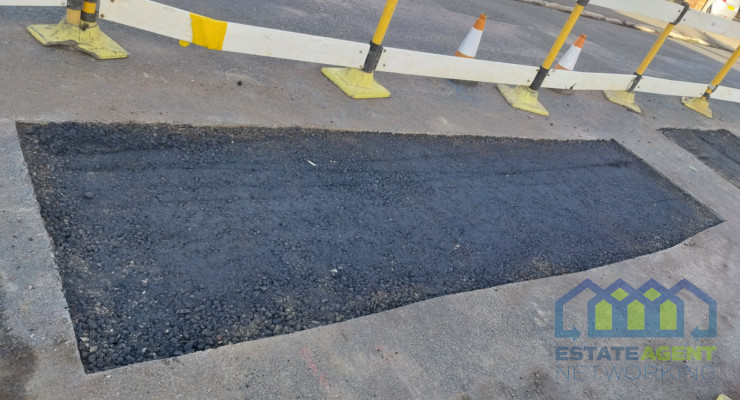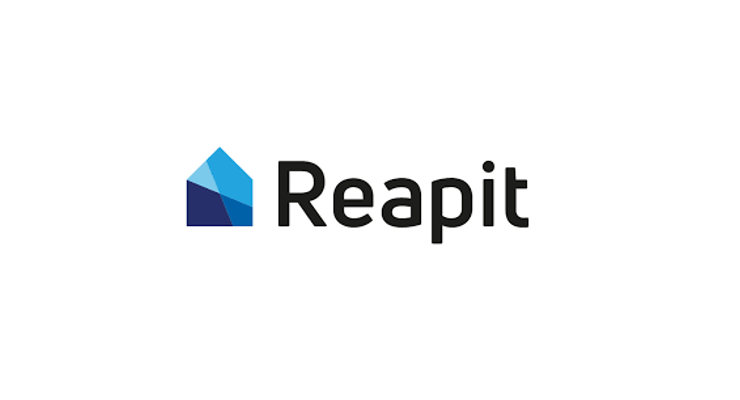Preparing For A Special Inspection: A Checklist For Property Owners
As you brace for a special inspection, it’s normal to feel a swirl of anxiety. Concerns about time, overlooked details, and the threat of non-compliance often cloud your mind. Rest assured, a strategic approach exists to dissolve these worries.
This guide aims to ensure you’re fully prepped and ready. You’ll turn potential stress into a structured plan for success, getting your property in top shape and passing that inspection successfully.
1. Understanding The Scope Of A Special Inspection
A special inspection is a critical review of a property’s specific aspects. It goes beyond routine checks. Inspectors delve into structural, electrical, and safety systems with a keen eye. They ensure everything meets the set standards.
Various properties may need these inspections. These include commercial buildings, residential complexes, and industrial sites. Each has its unique standards to uphold for safety and compliance.
The goals of special inspections are clear. They aim to protect occupants, preserve property integrity, and fulfill legal obligations. They’re not just a formality. They’re a vital part of property stewardship. Understanding these objectives helps you see the value in thorough preparation.
2. Initiating Your Pre-Inspection Strategy
Start your prep with the inspection notice. It lists specific areas they’ll assess. Knowing these lets you focus your efforts where they matter most.
Next, gather all your property’s documents. These include permits, repair records, and compliance certificates. They prove you’ve kept up with regulations and maintenance.
Lastly, set up a pre-inspection review. Walk through your property with the checklist. Spot issues inspectors will notice. This step can help you catch problems before they do. Addressing them early can save you time and stress later.
3. Conducting A Thorough Self-Assessment
Begin with the backbone of your property: its structure. Look for cracks, rust, and other damage. These can signal serious issues. Address them swiftly to maintain safety and integrity.
Turn to your electrical systems next. Check for exposed wires and faulty outlets. Ensure your circuit breakers and panels are in good order. These steps help prevent fires and outages.
Don’t overlook plumbing and HVAC systems. Leaks or heating problems can signal deeper issues. Regular checks keep them running smoothly and efficiently.
Lastly, review your safety gear. This includes fire extinguishers and alarms. They must work well to protect your property and its occupants. A well-maintained system speaks volumes during inspections.
4. Addressing Maintenance And Repairs
Tackle repairs that can’t wait first. These are hazards or could become more significant problems. Fix leaks, secure railings, and replace broken windows right away.
Think ahead to long-term care as well. Create a schedule for regular upkeep. This prevents issues from sneaking up on you. It also keeps your property in top form year-round.
Keep a record of all repairs, both done and planned. Log dates, details, and who did the work. This shows inspectors you take maintenance seriously. It’s proof of your commitment to your property’s condition.
5. Cleaning And Presenting Your Property
A clean property makes a great first impression. Set up a detailed plan that covers every corner. From dusting vents to polishing floors, cleanliness matters.
Ensure inspectors can move freely—clear paths to heating units, electrical panels, and plumbing. Easy access lets them do their job without hurdles.
Inspectors also notice aesthetics. Peeling paint or unkempt lawns can imply neglect. Tidy up green spaces and refresh markings. This shows pride in your property’s appearance. It also reflects well on your management practices.
6. Coordinating With Tenants And Staff
Inform your tenants and staff about the upcoming inspection. Share the schedule and what you expect from them. Clear communication reduces confusion and stress.
Train your staff on inspection protocols. They should know their roles and how to present the property. Proper training ensures a smooth inspection process.
Be mindful of tenant rights. Address their privacy and concerns. Assure them their comfort is a priority. This builds trust and cooperation, which is essential for a successful inspection.
7. Final Preparations And Day Of Inspection Checklist
Before inspection day, go over your final checklist. Make sure you haven’t missed anything. This last look is crucial to catch any overlooked details.
Get your team ready for the big day. They should know their tasks and be on hand to assist. Check that all systems are accessible and working. Test locks, alarms, and lights. Ensure inspectors can examine every required feature without issues.
8. Navigating The Inspection Process
During the inspection, stay with the inspector. Take notes on their observations. This helps you remember what needs attention.
If they point out issues, ask for details. Understanding these points can guide your next steps. It also shows the inspector you’re engaged and proactive.
Know what comes after the inspection. This includes any reports or necessary follow-ups. Being informed about the process means you’re ready for what’s next.
9. Post-Inspection Actions
After the inspection, examine the inspector’s report closely. Understand every point made. This analysis is vital to know what to tackle first.
Formulate a plan for fixing any deficiencies. Prioritize them based on urgency and impact. A systematic approach is critical to effective remediation.
If re-inspection is needed, don’t delay in scheduling it. Set clear timelines for repairs and follow-up checks. Staying on schedule demonstrates a commitment to maintaining standards. It also brings your property up to code faster.
Conclusion
Being well-prepared for a special inspection pays off. It leads to smoother reviews and less stress. It’s the hallmark of a diligent property owner.
Adopt a proactive stance in managing your property. Regular checks and ongoing care ease the official inspection process. This approach safeguards against last-minute rushes and potential oversights.
Stick to the checklist for confidence in passing inspections. It’s more than just about compliance; it’s about preserving the value of your investment.
Consider partnering with a professional inspector. This relationship can guide you in continuous compliance and property enhancement. Together, you’ll ensure your property always meets the highest standards.









